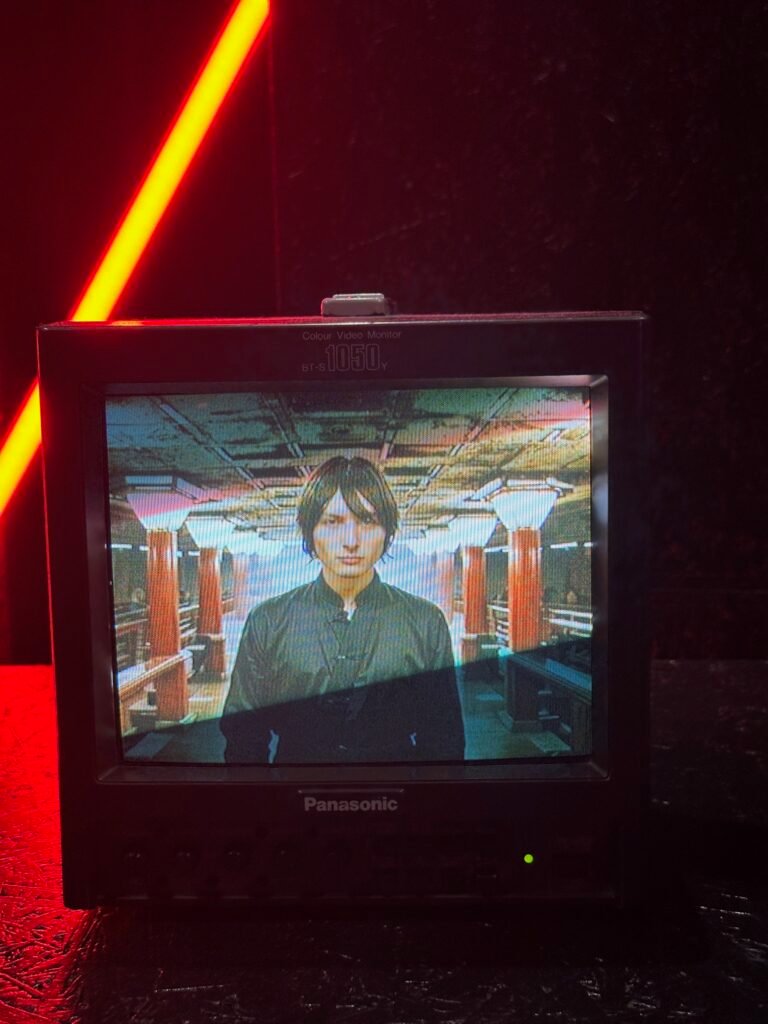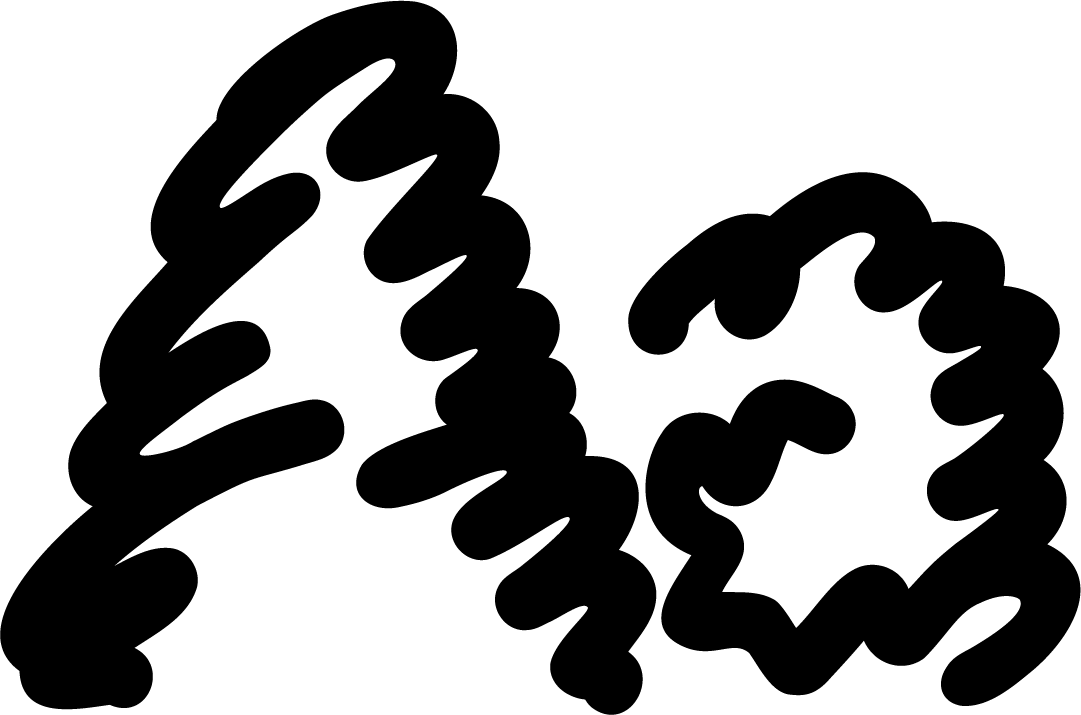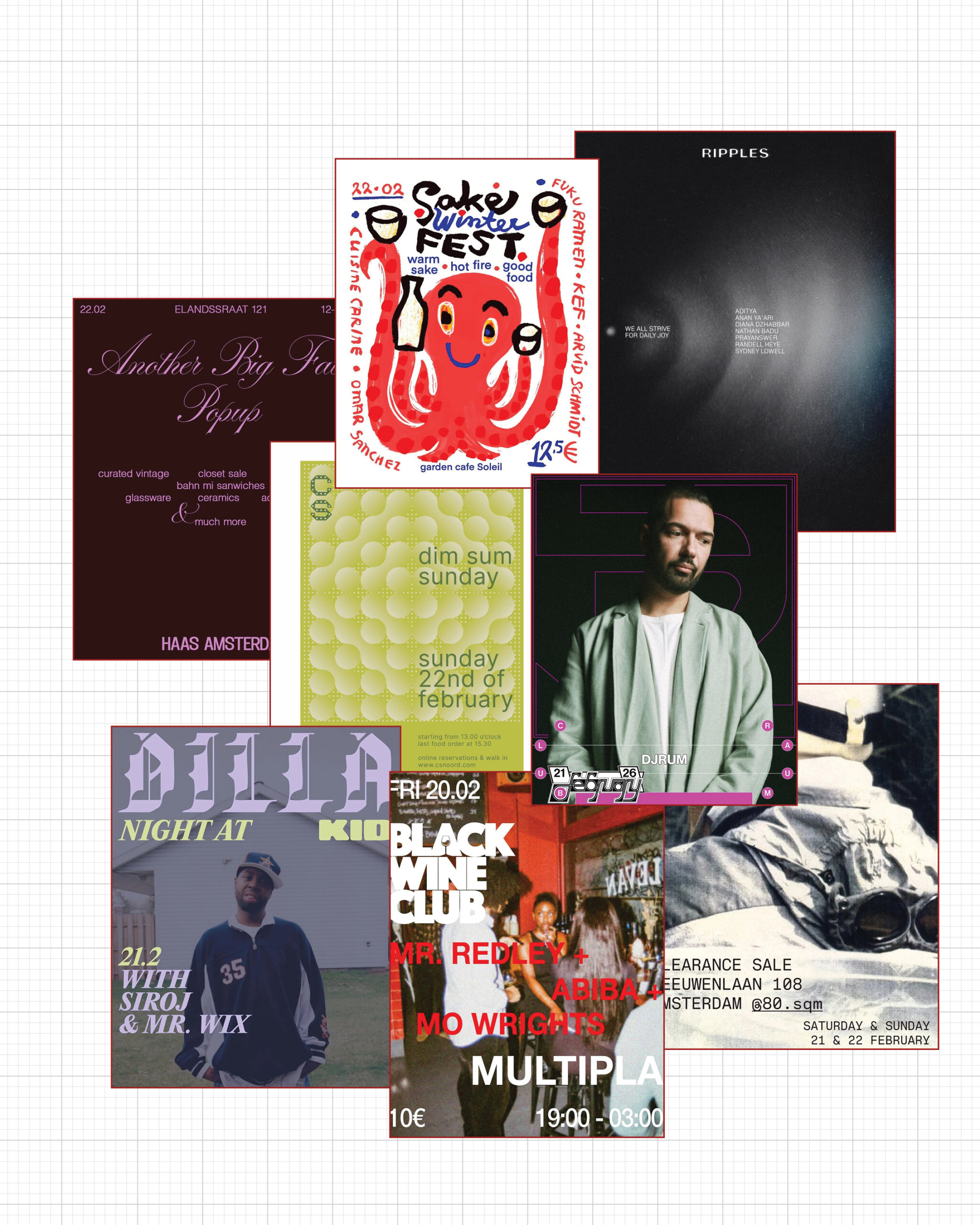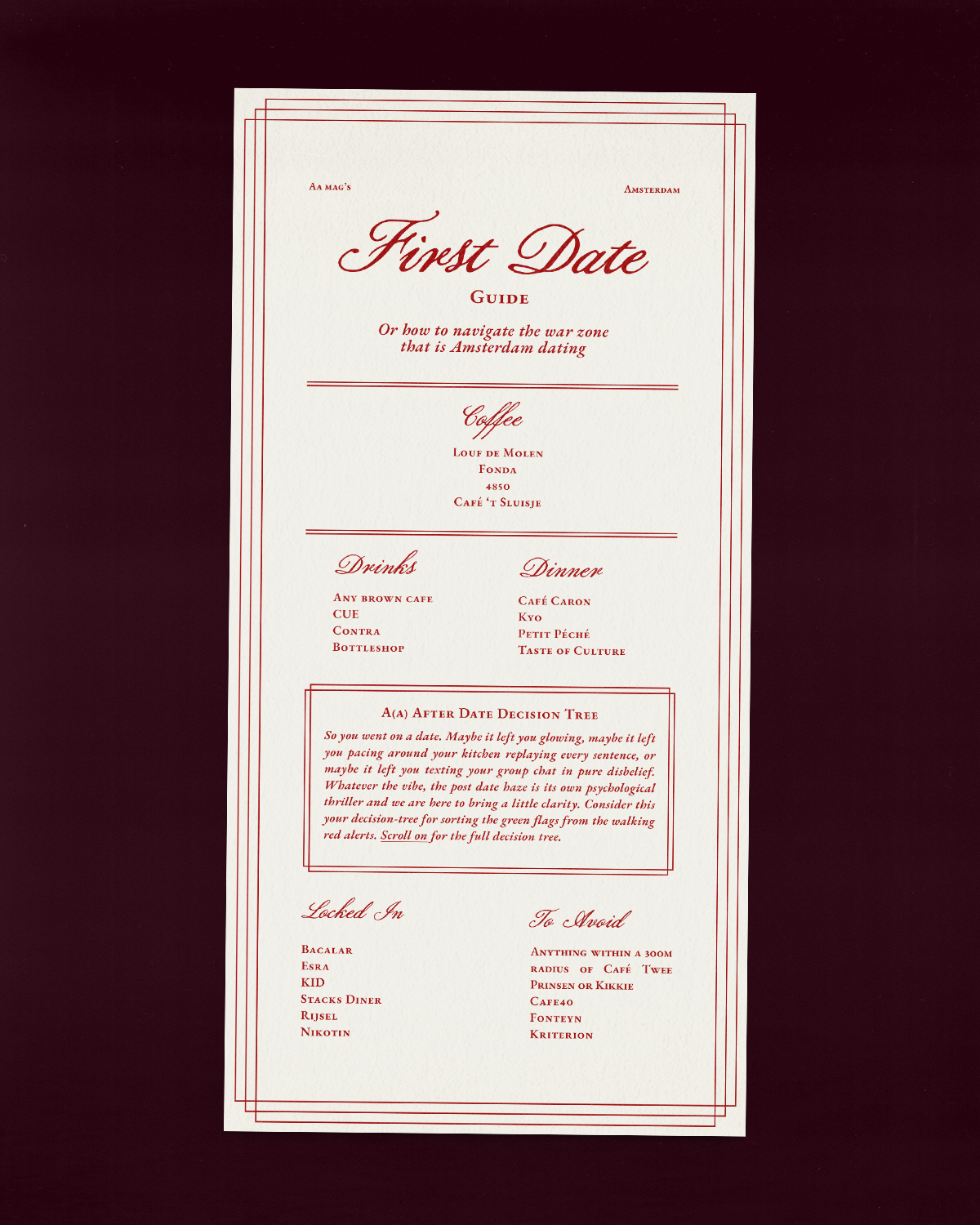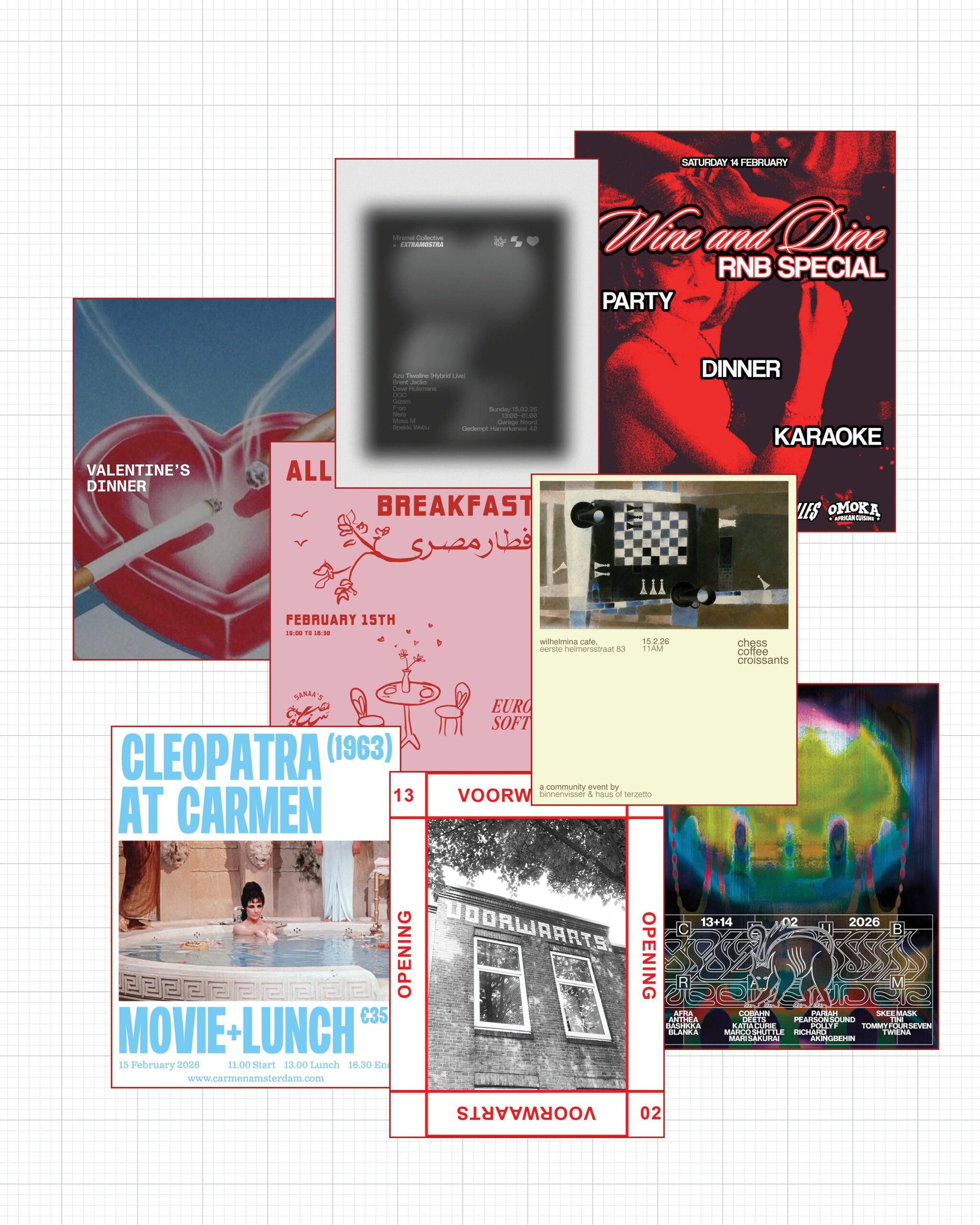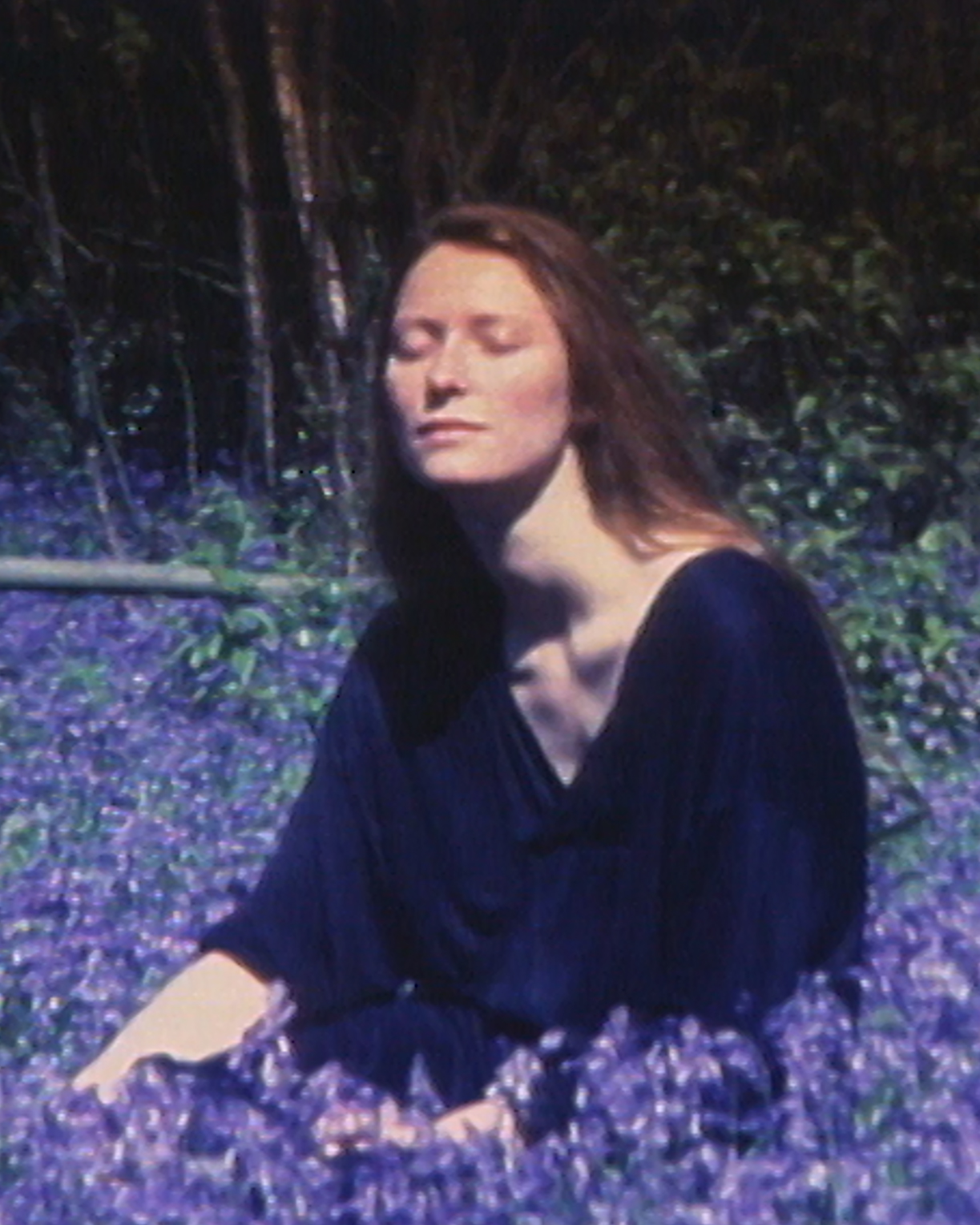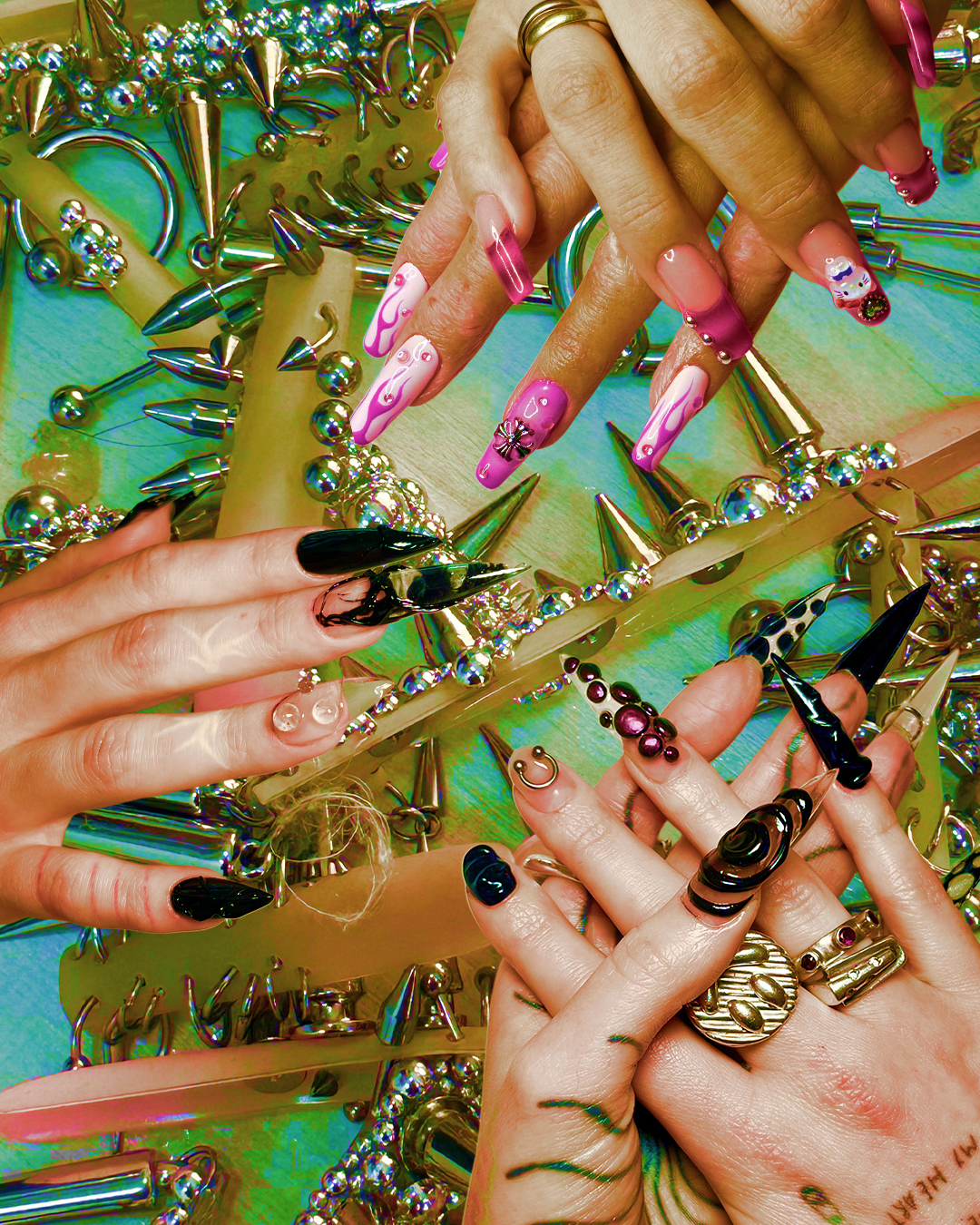This year’s edition of IDFA DocLab, themed ‘This Is Not a Simulation,’ delves into the captivating interplay between art and XR, featuring digital art installations, games, AI projects, live events, and experimental non-fiction storytelling formats. The theme challenges us to reflect on the evolving relationship between humanity and technology through innovative and immersive experiences.
Once again, we found ourselves both inspired and contemplative after exploring DocLab. The artistry and storytelling within the digital realm left a profound impression on us. But the theme posed a compelling question: What makes an experience real? Is venturing into a virtual, ‘fictive’ realm still a form of reality if it evokes genuine emotions and responses?
To bring you closer to our journey, we’ve decided to contrast our expectations with our actual experiences—perhaps arriving somewhere closer to ‘reality’? Or maybe not. What we do know is that this reflection made us question and appreciate the complexities of perception and experience.
The IDFA DocLab runs until November 24th, and we strongly encourage you to dive in and share your own experiences with us. Perhaps together, we can uncover what reality truly entails—if only for a fleeting moment.
Keep reading to explore our entries.
Anastasia’s Impressions
Piotr Winiewicz’s About a Hero
Expectations: The director’s short film ‘William Quail’s Pyramid’ in collaboration with Constant Dullaart left a profound impression on me during last year’s DocLab, having me question the essence of soul in art and re-examine my thoughts on AI’s creative powers. It set the bar quite high and I was excited to see what Kaspar (the AI model that generated the film) had come up with this time.
Reality: I couldn’t help questioning what was human-created and what was AI-generated throughout the whole viewing experience. Although the movie definitely stars human actors (with superb performances by the likes of Vicky Krieps), the masterful visual storytelling approximates everything to AI-generated graphics, adding yet another dimension of suspense. Kaspar is not a big fan of concluding or revealing, but despite the lack of a clear resolution, I couldn’t help but be fully immersed throughout the whole 85 minutes of the runtime of the film!
Sister Sylvester’s Drinking Brecht: An Automated Laboratory Performance
Expectations: I paid little to no attention to this performance when going through this year’s DocLab program. Blame it on a lack of education or pre-disposed anti-marxism, but I also had no idea who Bertolt Brecht was. Simply put: I had no idea what I was getting myself into while stepping foot into the laboratory-like setting of this interactive video work.
Reality: I can not say much without spoiling, but I can confirm that the performance had me engaged for the whole hour and left me in a deeply contemplative mood. The interactive parts of the installation were in a well-balanced interplay with the beautifully written script of the video. Each part of this multifaceted experience, the visuals, the sound, the interactivity, stimulated my curiosity, leading me to inquire about topics starting with Bertolt Brecht and ending with DNA extraction. A definite must-go!
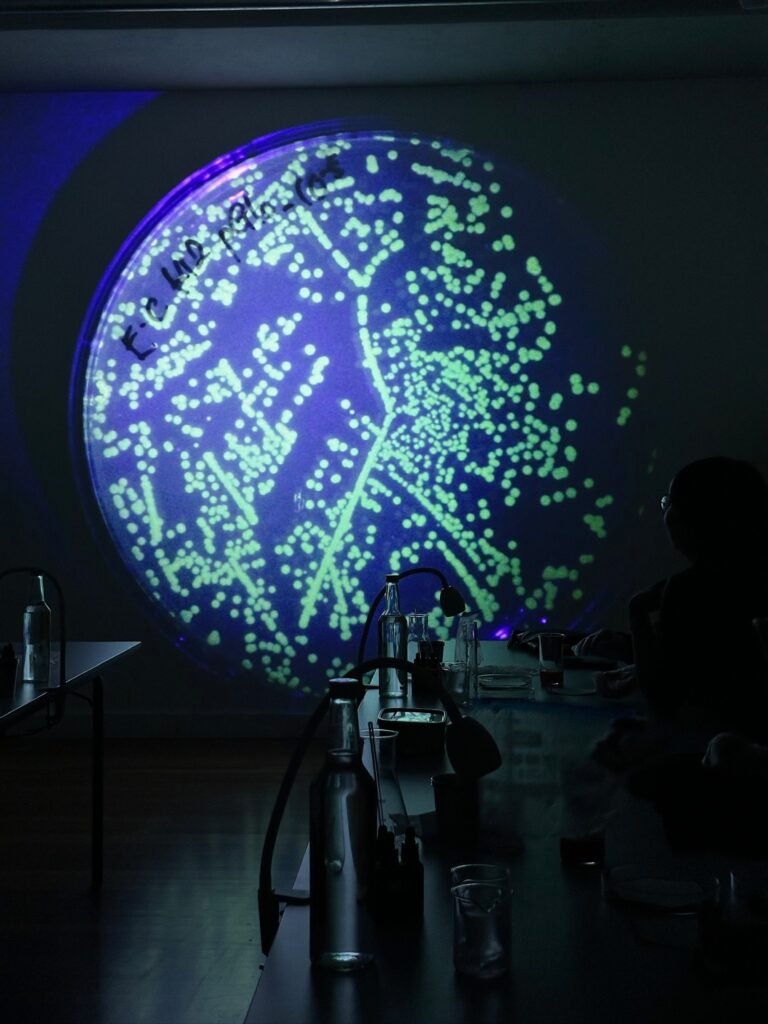
Awa’s Impressions
Aphra Taghizadeh’s Speechless Witness of a Wandering Tree
Expectations: I anticipated an experience told primarily from the woman’s perspective—offering a tangible glimpse into what blindness feels like in a practical, applied sense. I imagined the installation would take on the role of a history lesson, placing the context of state violence and its assault on bodily autonomy at the forefront
Reality: Experiencing immersive installations like this one always leaves me stunned; they connect on a level that’s difficult to articulate. By stepping into the ‘piece,’ you’re invited into a deeply empathetic space—one where vulnerability feels natural as you quite literally inhabit another’s reality. This particular work left me profoundly moved, inspired to educate myself further, and awed by how the story was told. It highlighted not only the resilience and defiance of those forced into such circumstances but also their unwavering strength in the face of injustice.
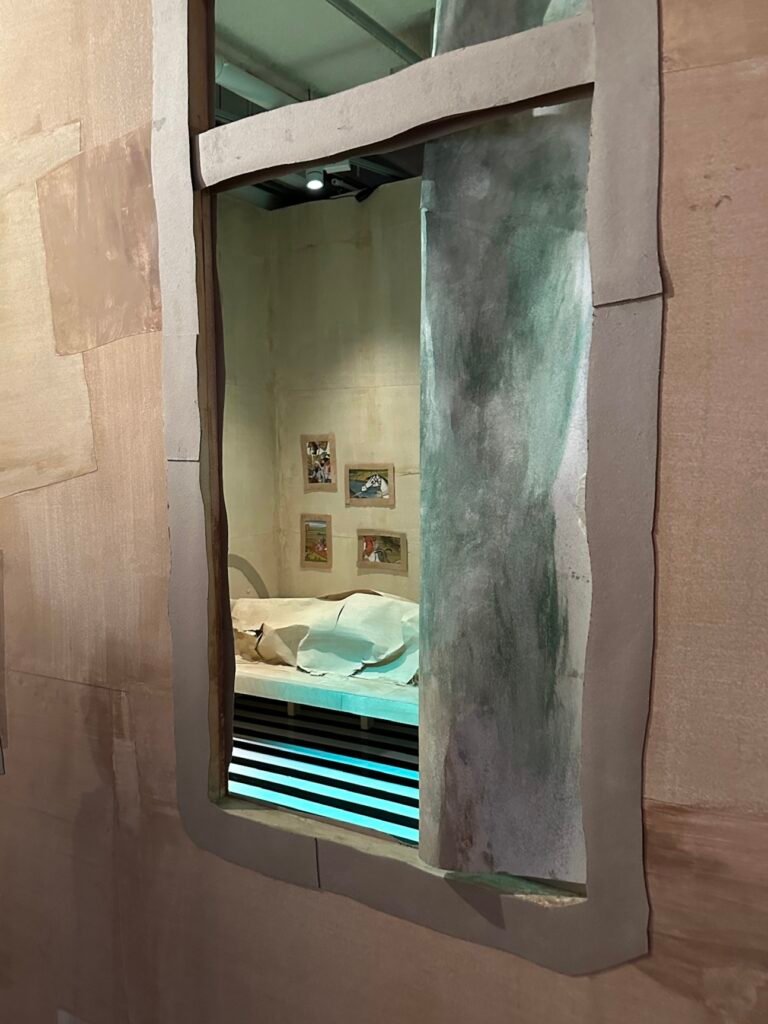
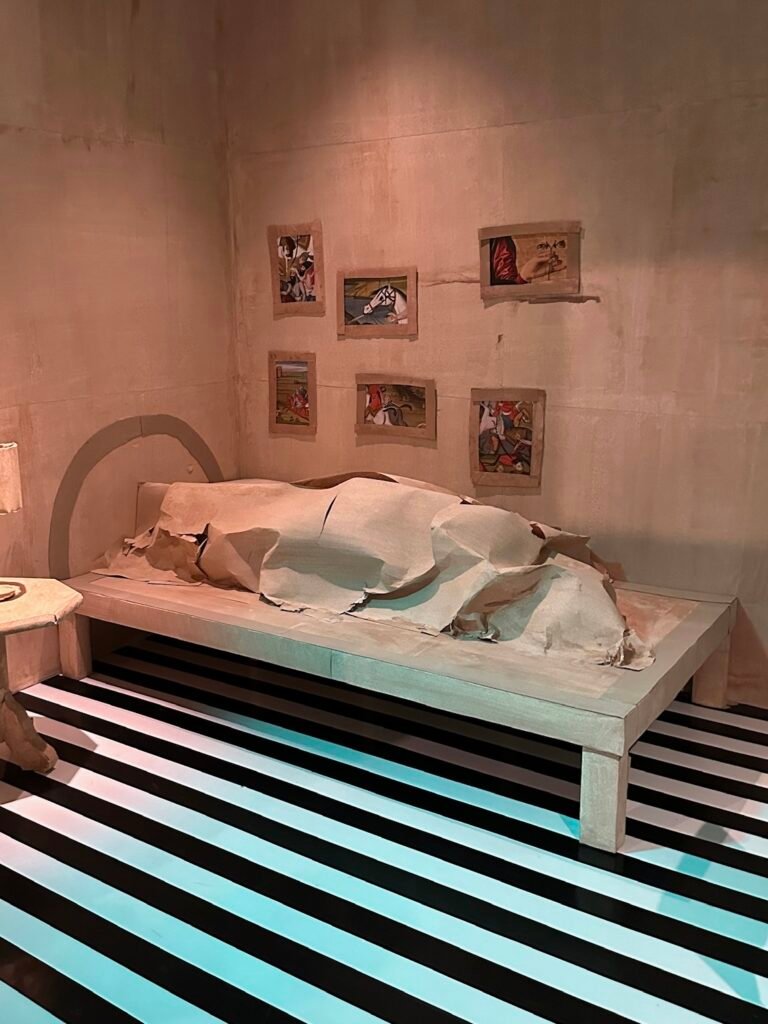
Ruben Cabenda’s Töngö sondi
Expectations: Heading into DocLab this year, I’ll admit I hadn’t heard of this surrealist animation before. I stumbled upon it by chance, and the setup alone caught me off guard—you’re seated on a toilet, peering through a binocular-like contraption to watch the film. It felt unconventional, to say the least, and I wasn’t entirely sure what to expect.
Reality: Despite its brief runtime, Töngö Sondi packed an emotional and intellectual punch. Drawing inspiration from the Tower of Babel, the film reflects the artist’s Surinamese heritage and explores the deep connections between language, freedom, and identity. At its core, it speaks to the violent attempt of the Western world to strip enslaved people of their voices—and, inherently, their identities.
The experience was a profound reminder of the critical role language plays in preserving culture and shaping our identities. It left me thinking about the responsibility we all share to use our voices as tools of resistance, preservation, and storytelling—archiving our experiences for future generations.

Fabian’s Impressions
Mots’ Ai & Me
Expectations: When it comes to AI, especially the generative kind, I believe its unpredictability is exactly what makes it so fascinating—Hence why I tried to go in cold turkey, without having any expectations upfront. The ominous look of the machine however made that quite difficult, and I couldn’t help myself but wonder about its possible predictions.
Reality: In this particular model you sit in front of a camera as it tries to guess facts about you based on your appearance, which, in all honesty, felt strangely vulnerable, because regardless of its accuracy, can’t be too off from what other, more commonly used algorithms think. At the beginning, I was quite nervous that the machine might expose my personal info, but when it guessed my age to be 26, I knew whatever ‘fact’ it guessed next would be of the Co-Star’s-weekly-predictions kind. Nevertheless, I had a big laugh during the experience, and I highly recommend you try it out yourself–for amusement’s sake, that is.
